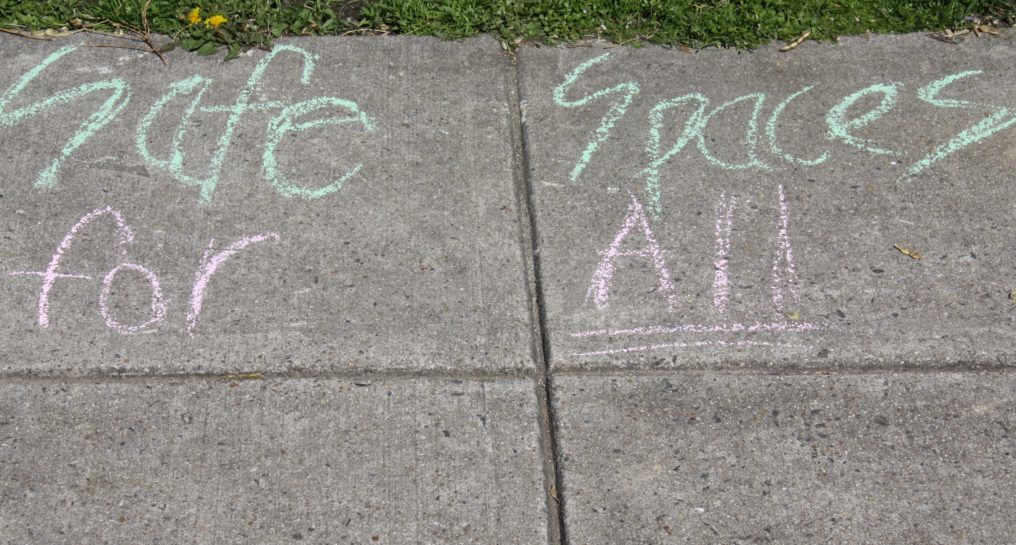Challenging Antisemitism and Anti-Blackness
Here at CASS, we know that language matters. We know that impact matters more than intent.
We also know that if we want to build a safe community that supports people in taking responsibility to change their harmful behaviors, then we have to resist the urge to dispose of people when they make a mistake.
Last week, Councilmember Trayon White made a statement implying that Jewish people have control over the climate — and this statement had been preceded by earlier comments about Jewish people controlling global financial institutions like the World Bank. We recognize Councilmember White’s statements as antisemitic and contributing to harm that threatens Jewish people, people of color, and especially Jews of color who exist at the intersections of multiple marginalized identities.
Antisemitism works to protect systems of oppression by scapegoating Jewish people. It blames Jewish people for systems of exploitation that actually benefit and are largely created by people who are Christian, wealthy, and white. In short, antisemitic stereotypes not only advance anti-Jewish ideas that have supported genocide, they also make it harder for us to change a society that is anti-Black and anti-poor. When our collective struggles for liberation become siloed in this way, it makes all of our communities less safe. And if we want to make DC safer, we need to fight white supremacy by tackling all of its oppressive forms simultaneously, including challenging antisemitism and anti-Blackness.
Following harmful behavior, we expected, appreciated, and believed the Councilmember’s sincere apology. We know that one can both perpetuate white supremacy and be a victim of it.
At CASS, we believe in accountability processes that see those who have been harmed and those who harm as whole people, acknowledging their own experiences with oppression.
We want to call attention to the reality that as the Councilmember took steps to educate himself and appeared to make a commitment to change, attacks on him in media coverage and social media escalated and became racist. In the Councilmember’s case, we want to work towards a DC where non-Jewish Black communities — which are largely segregated from white Jewish communities in DC by stark lines of race and class — are respected by white allies and called to work as equal partners in the struggle to challenge white supremacy and create a safer city for everyone. These communities have often been pitted against each other. We believe every community must take responsibility for the racism they are complicit in.
To quote Chanda Hsu Prescod-Weinstein:
I wept reading [his apology] because I wish white people would ever apologize for anything like this. But instead, only a Black leader will do this. I believe Trayon, and I believe that this is what growth looks like. But I also know that unlike a white man, he had no choice, thanks to the power of white supremacy over people like him.”
Truly transforming DC into a safer space includes both the Councilmember’s process of making amends — and us all to acknowledge the harm we have caused, take responsibility, and make a commitment to change.

